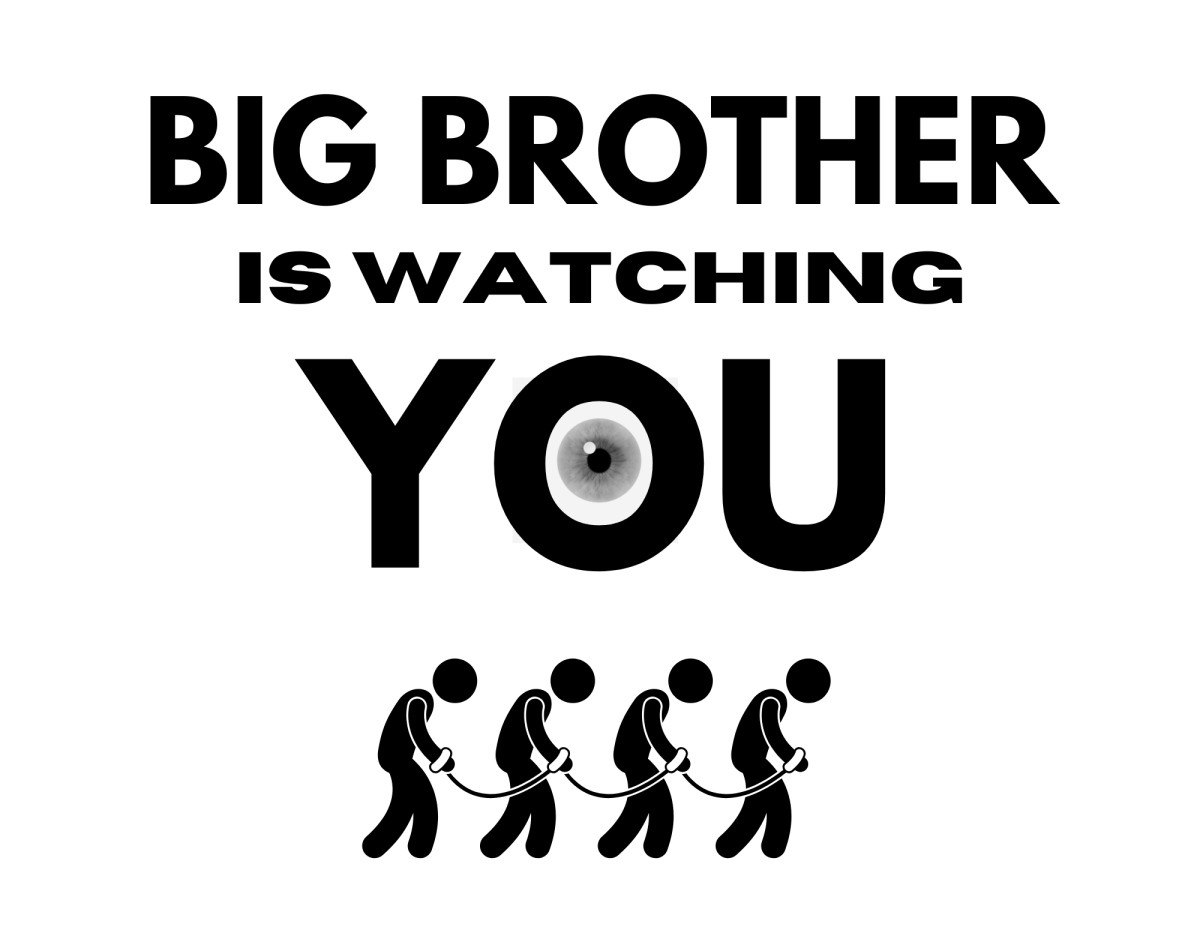The 2024 election results are in. Donald J. Trump has been re-elected and will become the 47th President of the United States.
Whether you are a Republican, Democrat, or independent, the policies created by any president in history had their consequences. They shaped the future of the U.S., its citizens, and the world stage.
Thomas Jefferson purchased the Louisiana Purchase in 1803, which doubled the size of America’s territory. Abraham Lincoln’s promotion of the 13th Amendment led to his assassination and the abrupt transition of executive power. Barack Obama’s Affordable Care Act affected Americans’ health insurance coverage.
If there’s one issue any of us could openly discuss, surely it would be how our lives may change now that Trump has been officially elected, right?
We were wrong.
The team—Carla Gradiz, Gabriela Jimenez, and Nicholas Roth—started the day brainstorming and creating the question, “How do you think your life will change now that Trump has been elected President?” We strongly opposed the idea of asking individuals who they voted for to be as non-confrontational as possible. We aimed to have an open dialogue and invite all perspectives.
We toured Mercy University’s main campus, running into students and faculty, but once we pulled out our equipment, none wanted to answer our questions.
“I would, man, but I actually have a meeting in a few minutes,” one person said.
We asked another individual who politely declined.
We decided to venture to Victory Hall’s cafeteria and soon found no patrons present. The group and I pivoted. We took the half-hour drive to Mercy’s Bronx campus.
A 2023 study by the Pew Research Center claims that an overwhelming majority of Americans (79 percent) express a negative sentiment when asked to describe politics in the United States. As the morning turned into the afternoon, we felt those stats firsthand.
Upon arrival, we observed the cafeteria and eventually asked a person if they were inclined to partake in our story.
They declined.
We then approached a group of people in a nearby hallway. Their leader spoke for the masses.
“Oh, they’re not interested in such a thing,” he said. “They’ve got an interview for their class right now and have too much stress as it is. They’re not interested in another interview.”
We walked outside, hoping the different landscape would provide welcoming individuals. A woman waiting for the next shuttle bus dismissed Carla’s proposal.
“Oh, (expletive) no!” she cried. “You guys look like you’re from News 12.”
Mercy University was skeptical as well. Soon after, an Executive Director approached security, confronted our group, and wanted to know the reason for our microphone and camera as we took a break in the main corridor.
He relaxed once I explained to him our situation.
“Oh, OK,” he said. “We just want to ensure you’re here for the right reasons.”
Cancel culture—the practice of stopping supporting someone after deeming their prior actions “unacceptable”—has become prominent in recent years. According to a 2024 study, about six in ten U.S. adults (62 percent) say that “people being too easily offended by things others say” is a major problem in the country today.
From students to faculty to administrators, it was just very disheartening the reaction we received when we were offering people the chance to express their First Amendment rights.
Alas, we finally found a brave soul.
We secured one interview with Amaya Morgen, a Mercy student who voted in the election.
“I feel gender equality was a big issue for everyone and women’s rights,” she said. “I don’t think Trump’s reelection will probably affect me drastically, but I think many things will change. If something drastic happens with women’s rights, I may be unable to take care of that.”
Morgen felt that people were in uproar and may go against the government since “everyone wanted Kamala.”
“Hopefully, Trump doesn’t change student loans and financial aid within his first 100 days,” she said. “I also hope he focuses on education and changes his mind on what he wants people to and not to learn.”
As we drove back to Dobbs Ferry, our perspective on politics, journalism, and higher education had changed. Cancel culture is impeding our country’s function as a republic. The condemnation of asking and answering thought-provoking questions weakens public awareness of important issues and assaults freedom of speech.
George Washington said in his Farewell Address, “Promote then, as an object of primary importance, institutions for the general diffusion of knowledge. In proportion as the structure of a government gives force to public opinion, it is essential that public opinion should be enlightened.”
May this remind us to fight for our values amidst opposition and that we should be most concerned with cancel culture, which contradicts our founding principles as a nation.












